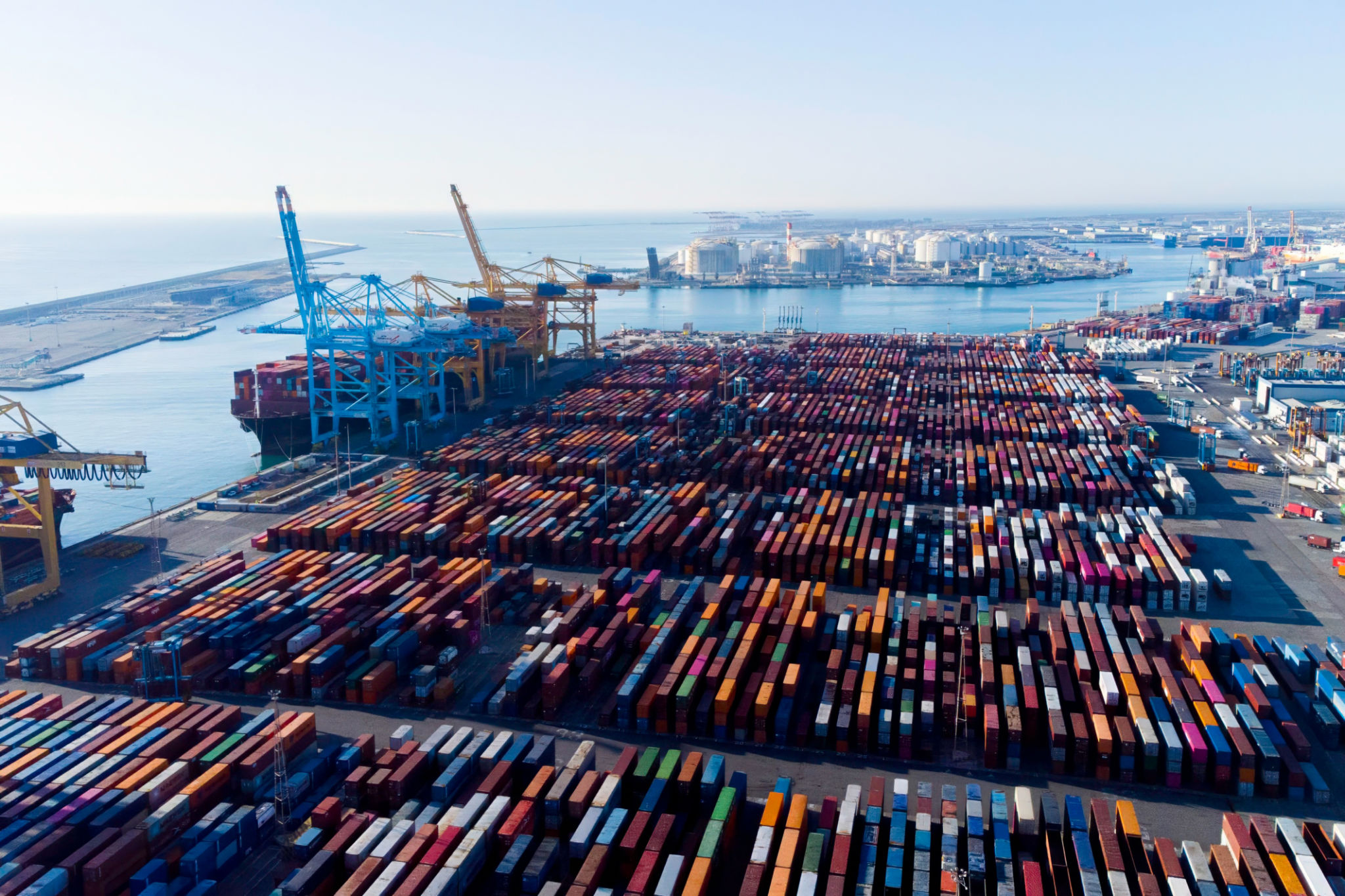Innovative Trends in AI and Automation: What Businesses Need to Know
VR
Understanding the Rise of AI and Automation
The evolution of technology has significantly transformed the landscape of business operations. Among these advancements, Artificial Intelligence (AI) and automation have emerged as pivotal forces driving efficiency and innovation. For businesses striving to maintain a competitive edge, understanding these trends is crucial. AI and automation have transcended traditional boundaries, offering solutions that streamline processes, enhance customer experiences, and drive analytical insights.
AI technologies, such as machine learning and natural language processing, have matured to automate complex tasks that were once thought to require human intelligence. Automation, on the other hand, is revolutionizing operational workflows by taking over repetitive tasks, allowing human resources to focus on more strategic activities.

Key Trends in AI and Automation
1. Enhanced Customer Experience
One of the most impactful applications of AI is in enhancing customer experiences. Businesses are leveraging AI-powered chatbots and virtual assistants to provide 24/7 customer support, respond to inquiries in real-time, and personalize customer interactions. These tools not only improve service efficiency but also gather valuable data to further tailor services to individual preferences.
2. Predictive Analytics
AI-driven predictive analytics is transforming how businesses forecast trends and make informed decisions. By analyzing historical data, AI can predict future outcomes with remarkable accuracy. This capability enables businesses to optimize inventory, manage risks, and identify new market opportunities.

Automation in Business Operations
1. Robotic Process Automation (RPA)
Robotic Process Automation (RPA) is gaining traction as a tool for automating mundane tasks such as data entry, invoice processing, and customer onboarding. RPA software mimics human actions within digital systems, significantly reducing errors and increasing productivity.
- Reduces operational costs
- Improves accuracy and compliance
- Frees up employee time for strategic tasks
2. Supply Chain Optimization
Automation is reshaping supply chain management by enhancing inventory tracking, demand forecasting, and logistics planning. Businesses are adopting AI-driven solutions to optimize supply chain operations, ensuring timely delivery and reducing waste.

Challenges and Considerations
Despite the advantages, businesses must approach AI and automation with careful planning. Key challenges include data privacy concerns, the need for skilled personnel to manage these technologies, and the potential for job displacement. Companies must invest in training and development to upskill their workforce and create a culture that embraces technological change.
Moreover, integrating AI and automation requires a strategic approach that aligns with business goals. Organizations should assess their specific needs, evaluate potential solutions, and implement technologies that offer the most value.

The Future of AI and Automation
The future of AI and automation is undoubtedly promising. As these technologies continue to evolve, they will unlock new possibilities across industries. Businesses that embrace these innovations will be better positioned to adapt to changing market demands, improve operational efficiency, and deliver exceptional value to their customers.
In conclusion, staying informed about the latest trends in AI and automation is essential for businesses aiming to thrive in a digital-first world. By leveraging these technologies thoughtfully, organizations can drive growth and sustain their competitive advantage in an increasingly dynamic landscape.